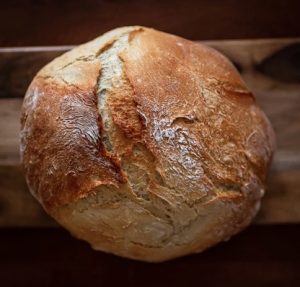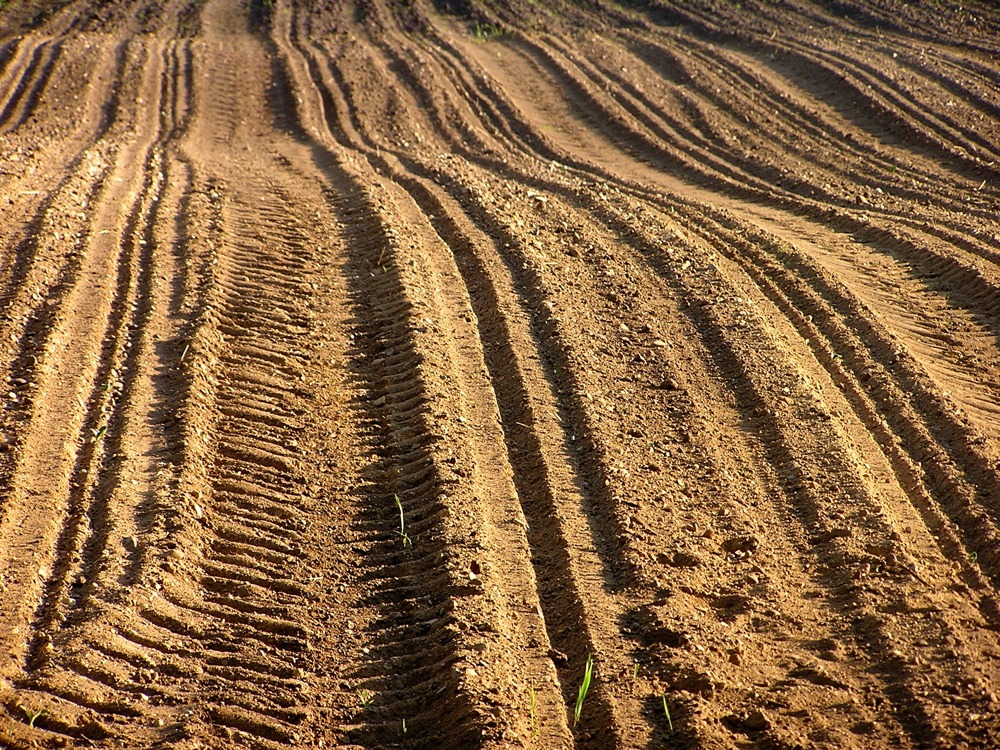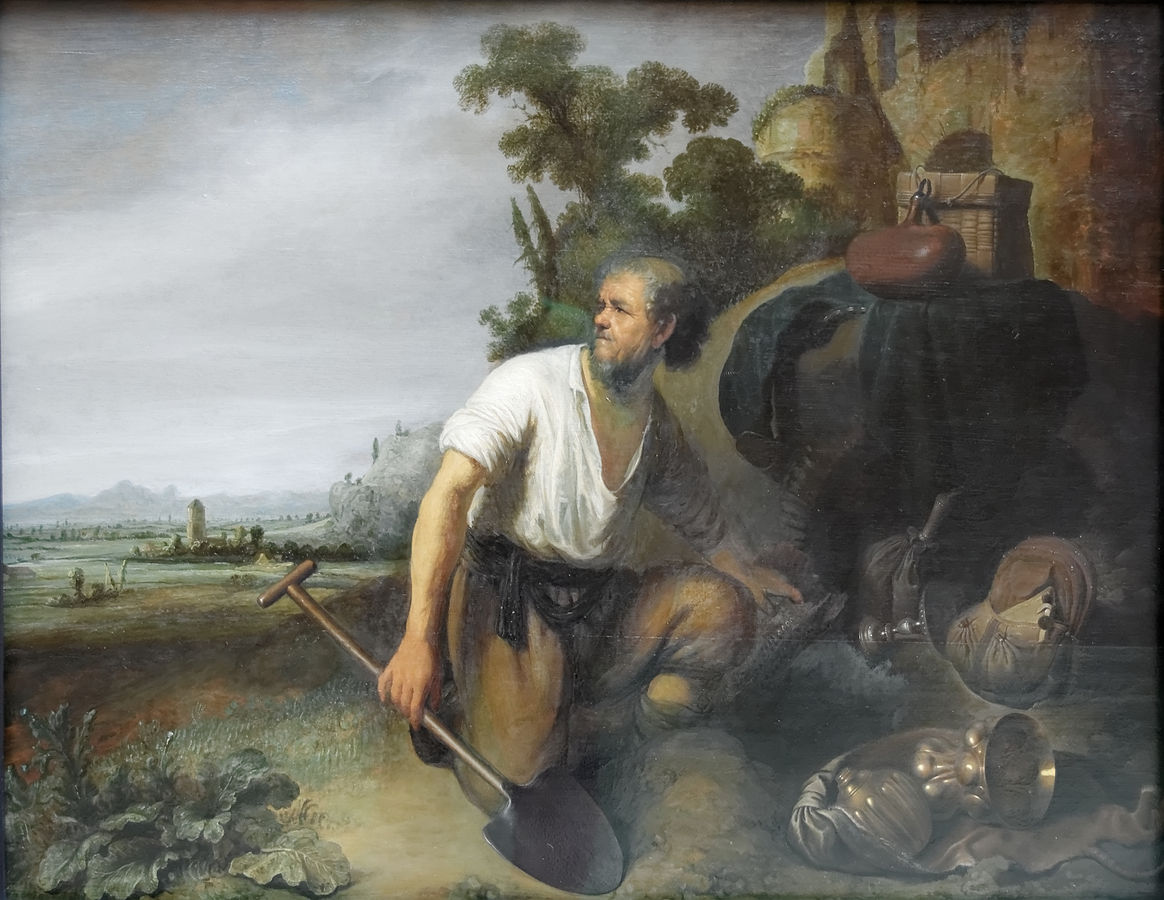by Lois Tverberg
He will give the rain for your land in its season, that you may gather in your grain and your new wine and your oil, and you will eat and be satisfied. Deuteronomy 11:14-15, edited.
 The line from the Lord’s Prayer, “Give us this day our daily bread” is a line that most Americans can hardly relate to. We may guess that “bread” was representational of food in general, so the text is talking about the provision we need for life each day. But we are so amply supplied that we can’t imagine praying that prayer.
The line from the Lord’s Prayer, “Give us this day our daily bread” is a line that most Americans can hardly relate to. We may guess that “bread” was representational of food in general, so the text is talking about the provision we need for life each day. But we are so amply supplied that we can’t imagine praying that prayer.
Rev. Stephen Kaziimba, who came to our area from Uganda has been teaching us otherwise about how much of the world hears these words. After he had been in Michigan for a year, he was asked what he would remember longest from being here. His reply was, “All my life, I will never forget having this one year when I did not need to worry about food.”
I was dumbfounded by that statement, that a good friend could come from a place where such basic necessities were unmet. He pointed out that in America we have food but no appetite, but where he comes from, people have appetite but no food. In his country, “Give us our daily bread” is a heartfelt prayer, expressing the continual worry of most people.
Now, when I read the Scriptures, I see that his perspective is more close to that of the Bible than mine is. One of God’s promises that the Israelites would have heard as a great blessing was that they “will eat and be satisfied.” To have enough to be full was a blessing from the Lord, and to be fat was a sign of beauty and bounty. As one who is a little overweight, it shows me both that God has abundantly blessed me, and that I’m not doing enough to share the blessings with others in need.
Sometimes the best way to pray a prayer is to live the prayer. Now, whenever I hear the words “Give us our daily bread” it will remind me to to not overbuy food when I go shopping, to not order huge portions in restaurants, and to eat my leftovers before they go bad. And most of all, it will remind me to be thankful for the abundant food we have and to be mindful of the needs of others.
Photo by Stephen Walker on Unsplash



 Do not store up for yourselves treasures on earth, where moth and rust destroy, and where thieves break in and steal. But store up for yourselves treasures in heaven, where neither moth nor rust destroys, and where thieves do not break in or steal; for where your treasure is, there your heart will be also. Matthew 6:19-21
Do not store up for yourselves treasures on earth, where moth and rust destroy, and where thieves break in and steal. But store up for yourselves treasures in heaven, where neither moth nor rust destroys, and where thieves do not break in or steal; for where your treasure is, there your heart will be also. Matthew 6:19-21